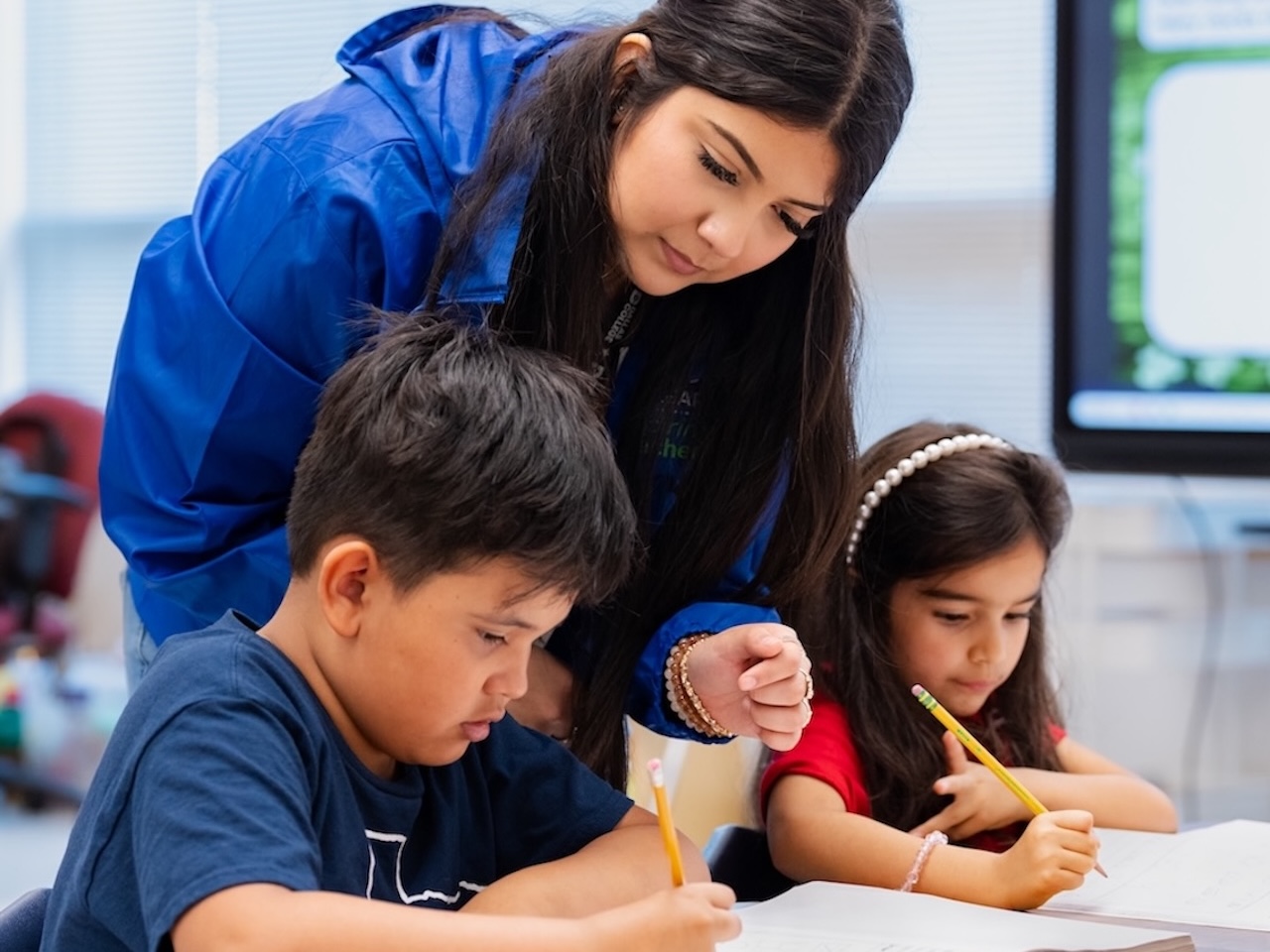Statewide Policy
Elevating Student Outcomes: Promising Policies for the Texas Legislature
Published
July 13, 2023
Policy
share




share
Latest Learnings
Be a part of the impact
Support economic mobility initiatives that drive living wage attainment in Dallas County and beyond.
Invest

Success!
Thank you for signing up for our newsletter.
Oops! Something went wrong while submitting the form.
Join our team
Commit is growing. Find out how you might contribute to our mission with a satisfying career dedicated to economic mobility in Dallas County and Texas.
See opportunities

.avif)




